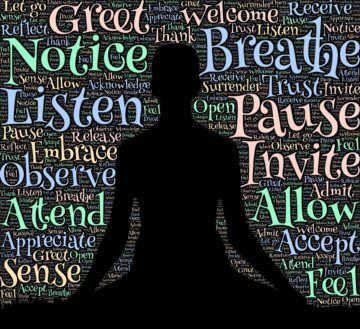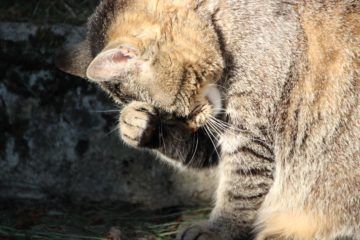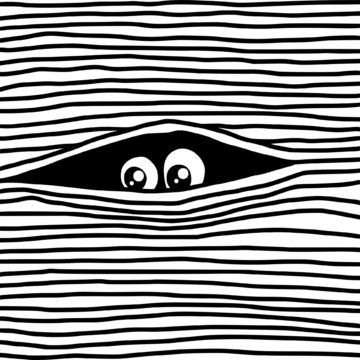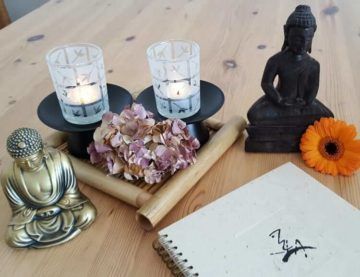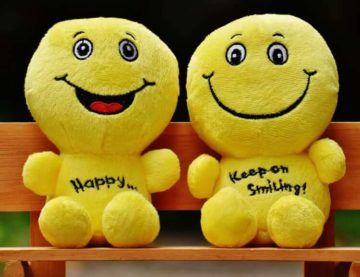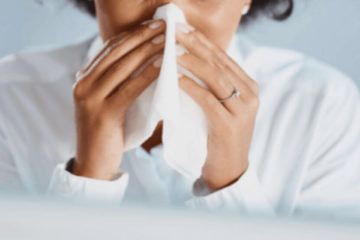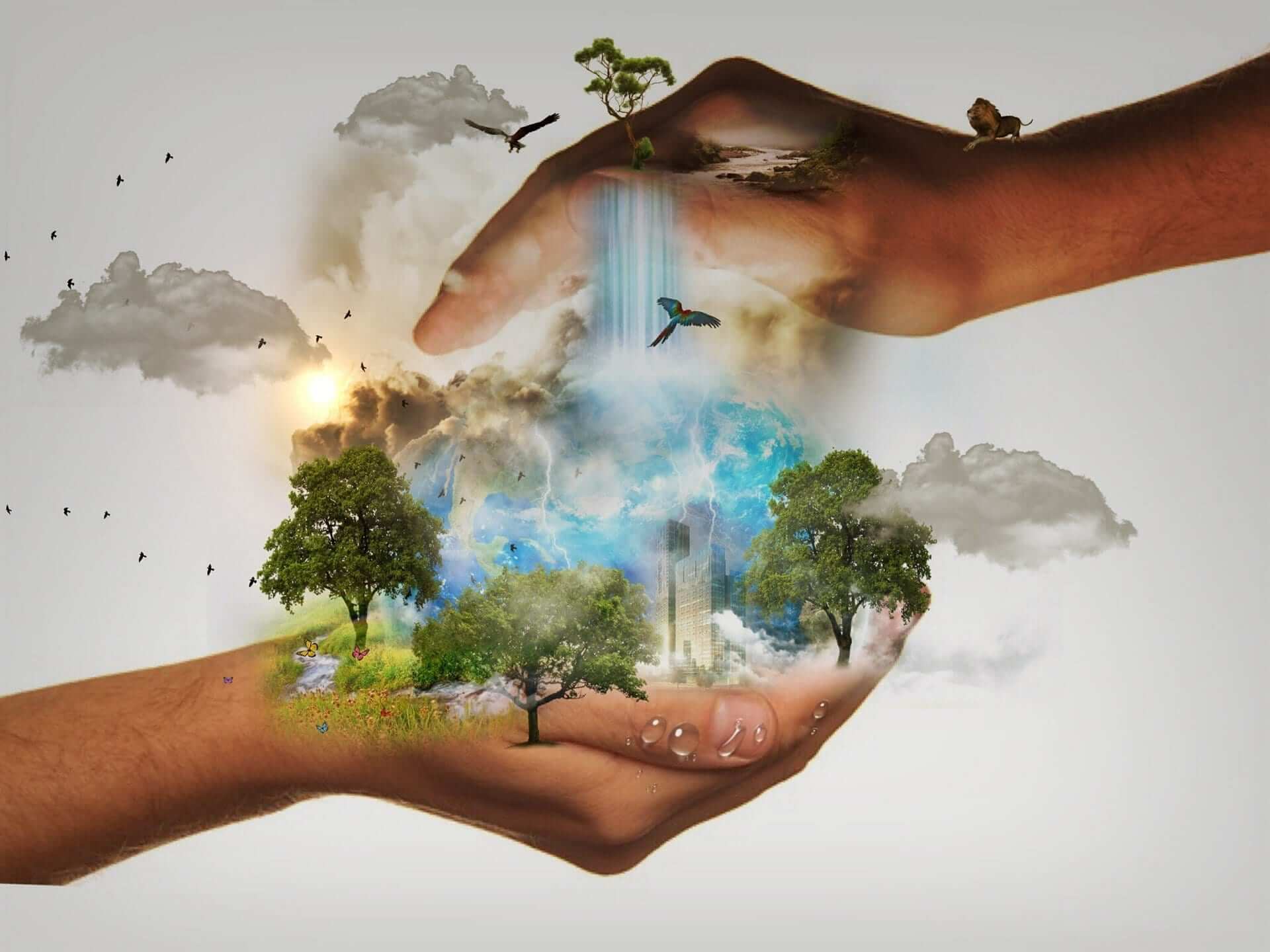
Our Global Immune System
In light of the corona virus and its unknown impact, there is a lot of fear in the air. Besides washing your hands and keeping your sneezes/coughs self-contained, your best line of defense is to keep your immunity strong. However, repressed feelings have a direct correlation to a suppressed immune system.
Dr. Gabor Maté’s book, “When the Body Says No,” explores the link between stress and chronic illness. His argument is that certain adaptive coping mechanisms learned as children set up traits in us that, over time, can become pathological. For example, people pleasers, who take care of others at the expense of themselves, can develop autoimmune disorders. Those who don’t have healthy outlets to express accrued anger, sadness, or pain will store them in their bodies until they finally get attention via physical illness, like cancer. On a cellular level there is confusion between what is helpful and hostile, familiar and foreign, self and other. Could this also be happening on a macro level?
Maté explains, “In auto-immune disease, the body’s defenses turn against the self. In the life of society- the body politic- such behavior would be denounced as treason. Within the individual organism, physical mutiny results from an immunological confusion that perfectly mirrors the unconscious psychological confusion of self and non-self. In this disarray of boundaries, the immune cells attack the body as if the latter were a foreign substance, just as the physic self is attacked by inward-directed reproaches and anger.”
This physical “treason” is something we begin to accept as normal, until that is, dis-ease catches up with us. The immune system is a sensory organ, so it’s first task is to recognize self from non-self. It must also have a strong memory of learned dangers as we grow. Finally, the immune system is a floating brain that is always scoping out and eliminating threats to cellular health.
Hyper-vigilance, though, can get out of balance. Projecting blame on to others is an easy way out, not to mention perpetuates victimhood. When not being accountable for your own reactions, you give away your power to another. You also wear down your nervous system, which is on constant high alert. In addition to lacking a sense of self and agency, this behavior stresses one’s health. Therefore, self-centeredness can also be indicative of lacking boundaries between self and other.
When our psychological capacity to identify self from other is absent, then our tissues, cells and body organs mirror this blurring of boundaries. This can disable defensiveness, leading to chronic illness. Stress is a part of life, so how I respond to it can determine the effectiveness of my immune system.
As a human species, we seem to be at odds with one another, rather than looking within…fear of others is a chronic stress that wears down your sharp defenses when needed for acute threats. However, the insecurity of not feeling “acceptable” or “good enough,” is damaging, since its presence is silent. Recognizing your true value measured by your mere existence builds up inner strength.
As we adapt to life post-COVID-19, I urge you to be accountable for your actions (as they impact others), to respond rather than react, and act out of abundance rather than from scarcity. We are all in this together and need to maintain connection as this threat wears down our global immunity. Stay open and aware with healthy boundaries, both inside and out. This is the best defense that benefits us all!
This post is excerpted from a blog written by Cat McCarthy, my dear friend and international yoga teacher. She is continuing to teach yoga, combined with the principles of NVC, online at a computer near you. For more information on the beautiful work Cat is doing in the world, please visit Cat McCarthy Yoga.




